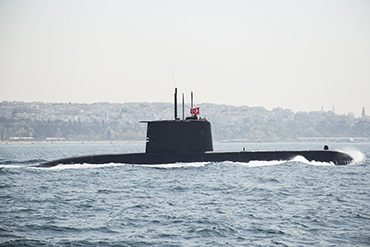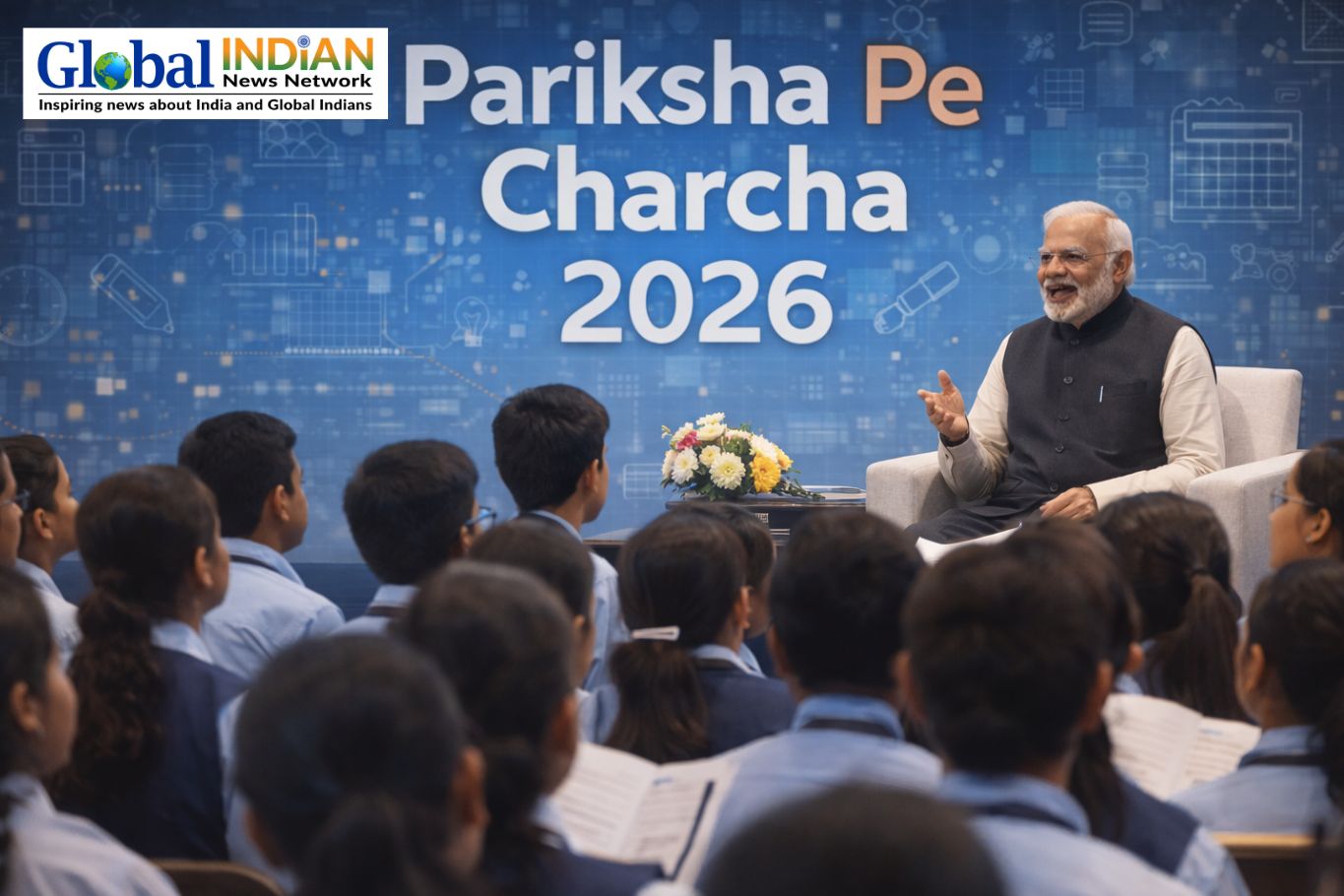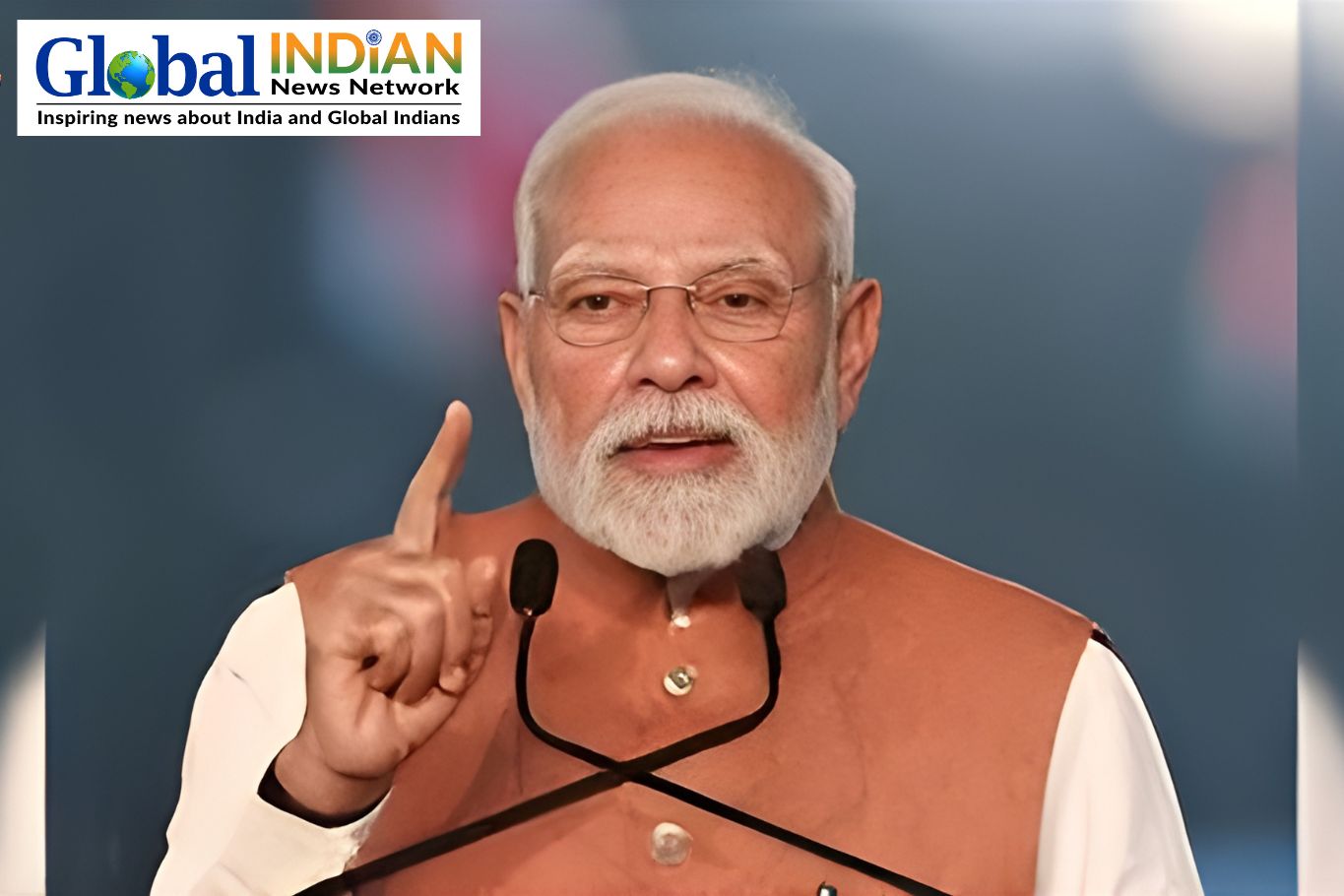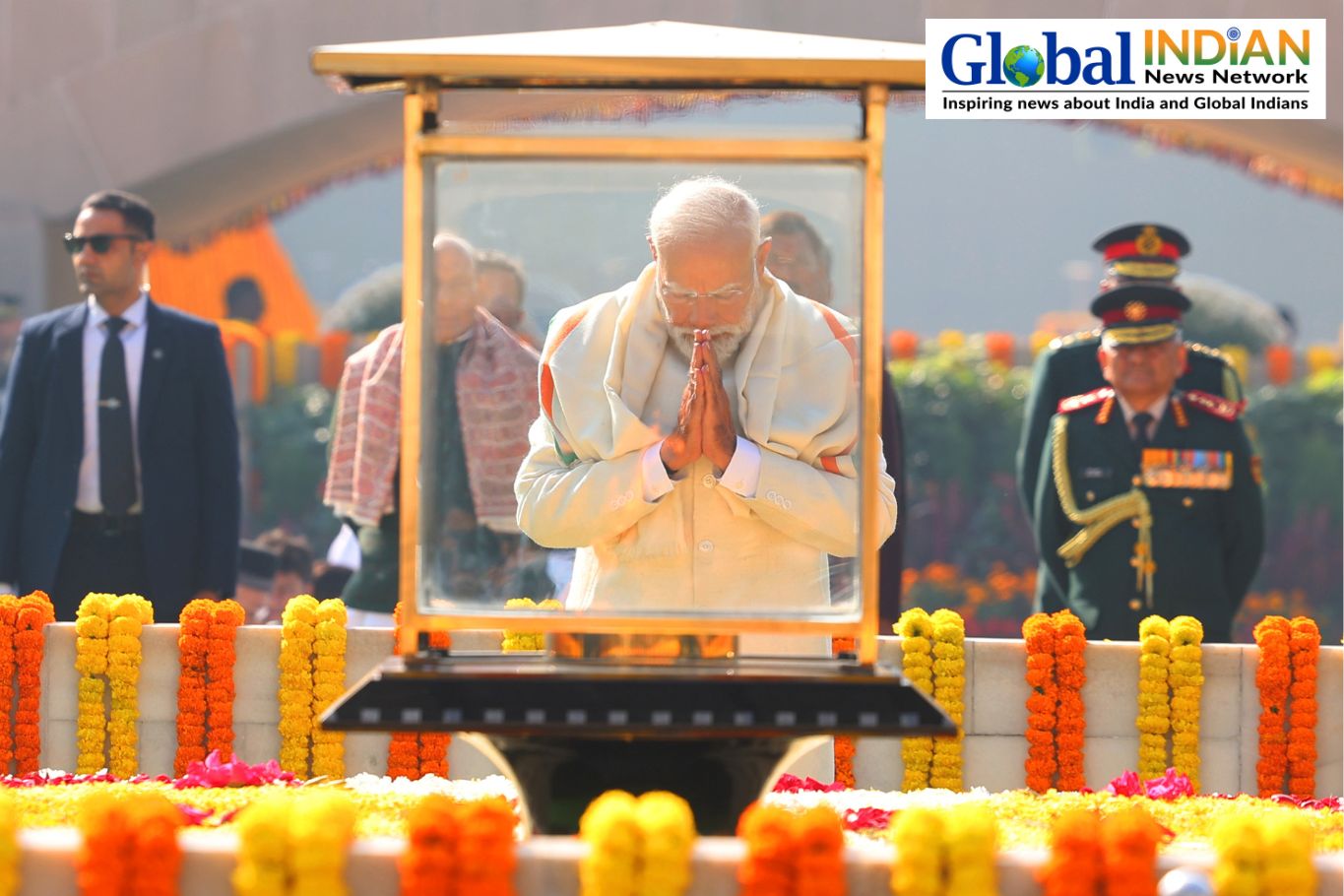
India and Germany have expressed their concerns about China’s pursuit of geostrategic dominance, which poses a challenge to neighboring countries. In order to strengthen their strategic partnership, the two countries have pledged to collaborate on various fronts, including the potential joint manufacturing of six conventional submarines for the Indian Navy.
During a meeting with Indian Defense Minister Rajnath Singh in New Delhi, German Federal Minister of Defense Boris Pistorius emphasized that India is a “strategically reliable partner” and should be regarded on par with Australia and Japan in terms of arms exports. Pistorius also hinted at the possibility of Thyssen-Krupp Maritime Systems (TKMS), based in Germany’s Baltic Sea coast, being selected to supply the Indian Navy with the submarines, in a deal worth six billion Euros.
Pistorius is scheduled to visit Mumbai next, where he will visit the Western Naval Command Headquarters and Mazagon Dock Shipbuilders Limited. Meanwhile, Singh highlighted the potential for a symbiotic relationship between India and Germany, leveraging their respective strengths such as a skilled workforce and competitive costs from India, along with high technologies and investments from Germany.
The Indian Defense Ministry stated that opportunities exist for the German defense industry to invest in the defense production sector, including the two Defense Industrial Corridors in Uttar Pradesh and Tamil Nadu. The ministry emphasized the possibility of Indian defense industry participation in German supply chains, thereby contributing to the ecosystem and supply chain resilience.
The Indian Navy is actively pursuing its goal of becoming a self-reliant, combat-ready, credible, cohesive, and future-proof force by 2047. It aims to achieve this by developing indigenous ships, submarines, aircraft, unmanned vessels, and systems. During the delegation-level talks, senior officials from both defense ministries reviewed ongoing bilateral defense cooperation activities and explored avenues to enhance collaboration, particularly in defense industrial partnership.
Pistorius is the first German Defense Minister to visit India since 2015 and recently participated in the Shangri-La Dialogue in Singapore, the Indo-Pacific counterpart to the Munich Security Conference. The meeting between Pistorius and Singh took place shortly after India and the United States finalized a new roadmap for defense industrial cooperation during US Defense Secretary Lloyd Austin’s visit to India, highlighting India’s significant geopolitical influence.
Germany is concerned about China’s growing assertiveness in the Indo-Pacific region and recognizes the strategic importance of maintaining open sea routes, as more than 20 percent of German trade involves countries in the region.











